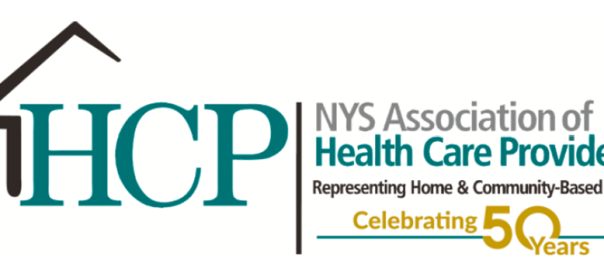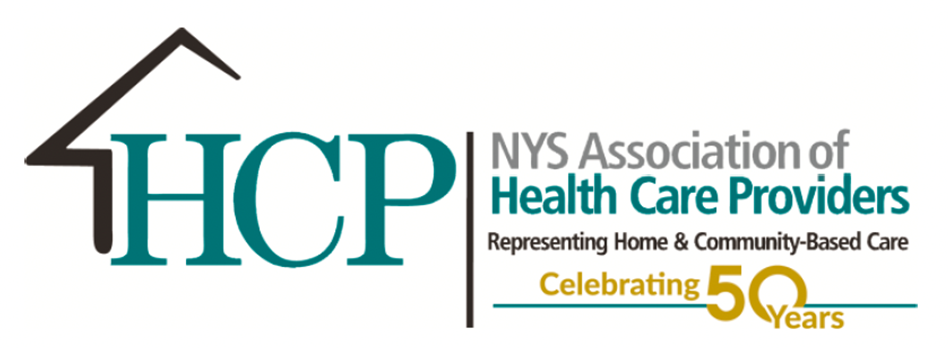
BUDGET DEAL SPELLS DISASTER FOR HOME CARE BUSINESSES AND CONSUMERS
Albany, NY – April 15, 2024 – The New York State Association of Health Care Providers, Inc. (HCP) is profoundly dismayed with the announced budget deal. The same day that saw more than 200 advocates from around the state rallyto save home care, Governor Hochul announced a plan that would put most of those advocates out of business. Theplan to “streamline Fiscal Intermediaries to save $500 million per year” comes at a great cost to New York’s aging anddisabled consumers who rely on local fiscal intermediaries (FI) to help them manage their home care.
“This budget deal demonstrates the willingness of the governor and the legislature to balance a budget on the backs ofNew York’s home care industry and on the disabled and aging consumers who need its help to stay in their communities.We had hoped that the delayed budget meant that thoughtful consideration was being given to the challenges in theMedicaid-funded home care programs, but it appears it only provided an opportunity for business-killing deals to bebrokered,” said Kathy Febraio, President and CEO of the New York State Association of Home Care Providers (HCP).
More than 600 businesses across New York State offer FI services. These businesses offer Consumer Directed PersonalAssistance Program (CDPAP) services and are often affiliated with traditional home care agencies to provide seamlesscare to consumers who rely on both agencies and Consumer Directed Personal Assistance Program (CDPAP) services toremain independent.
“Severing the relationship of consumers with their chosen Fiscal Intermediary is no way to address the state’s inabilityto manage the program it created. The bottom line is that people need care. They want to stay in their homes. Theywant to live with choice and independence. And it’s their right to do so! But by forcing established, reputablebusinesses to close, this decision strips New York’s aging and disabled consumers of their right to choose,” said Febraio.
Proponents of consolidating FIs claim huge savings, but the experiences of other states that have undertaken consolidationof FI services should sound an alarm. The disastrous repercussions of such consolidation are vividly exemplified byPennsylvania’s experience, where over 20,000 consumers were left devoid of essential services as their caregivers wentunpaid. The single FI was the target of lawsuits resulting from the Pennsylvania consolidation.
HCP favored an approach that would have seen a deliberative study process to correctly identify and addresschallenges within the consumer-directed program. “Rather than taking a thoughtful, targeted approach to reformingMedicaid home care programs in New York, this budget deal takes a sledgehammer to home care,” said Febraio, addingthat “the fact that a governor who has championed her Master Plan for Aging and her efforts in creating low-incomehousing would proceed with a budget deal that will eliminate care for aging and disabled New Yorkers who wish toremain in their homes highlights her disconnection from the needs of the community. Even with the establishment ofappropriate and affordable housing for aging, disabled, and low-income individuals, it’s doubtful the services that wouldhave supported them will be available.”

